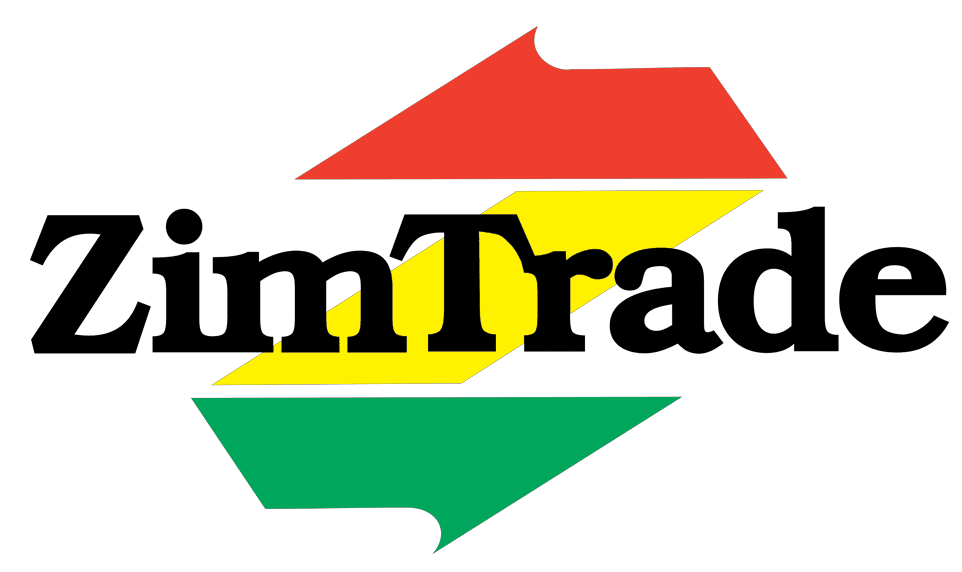Young people are a critical demography that has potential to contribute immensely towards the development of Zimbabwe.
Although this may sound cliché, the statement had somewhat been betrayed by lack of concerted effort from across sectors to build transformational and sustainable institutions that allow young people to build stronger businesses.
Currently, it is encouraging that President Mnangagwa’s administration, through the National Development Strategy (NDS1) acknowledges that young people are a valuable resource if they are given opportunities.
The National Development Strategy states that “Youth are a valuable resource especially if they are allowed to build and strengthen qualities that enable them to grow and flourish into responsible citizens”.
To unlock the value in young people, the Second Republic has committed to focus on youth issues that will ensure that the country significantly benefit from the demographic dividend.
One of these issues is building youth-led sustainable businesses that contributes towards export growth, which in turn will strengthen the nation’s economy.
By no doubt, exports are crucial in the economic development matrix as they are a gateway to earning the much-needed foreign currency.
Regrettably, there has been little participation of young people in mainstream export business, albeit their potential to do so.
To inculcate an export culture among youth led business, ZimTrade – Zimbabwe’s trade development and promotion organization – has been running a year-long programme dubbed Eagles’ Nest Youth Export Incubation.
Since the launch of the programme in 2021, more than 200 youth-led businesses have gone through capacity building trainings, either directly from the programme or as other support activities run by ZimTrade.
Through these interactions, some lessons have been drawn on the current state of youth-led businesses and what is required to unlock potential in their businesses.
Most are informal businesses
One of the main issues that stood out during interactions with young people in business was the lack of business knowledge, with some operating in less professional environments and others even operating informally.
Small-scale businesses and the informal sector are significant players in Zimbabwe economy and contribute significantly towards the nation’s Gross Domestic Product.
Most of youth-led businesses are small businesses and through interactions with ZimTrade, it became clear that most of them are operating as informal business and this presents challenges when dealing with exports.
For those that are trying to venture into export business, they are also doing it informally, relying on colleagues crossing the border to deliver their few products in regional markets.
Additionally, although some youth-led businesses have a working knowledge of digital marketing and have managed to increase visibility of products across their boarders, their operation spaces do not meet proper business standards.
This has seen them failing to strike huge orders and not taking advantage of available incentives that have been put in place to develop small businesses.
For example, the Common Market for Eastern and Southern Africa (COMESA) is implementing a simplified trade regime (STR), currently operational between Zimbabwe and Zambia, and Zimbabwe and Malawi.
The Simplified Trade Regime is a customs clearance procedure used by small-scale cross-border traders importing or exporting goods from participating one COMESA Member State to the other, allowing then duty free for goods worth not more than US$1,000.
Thus, by operating informally, youth-led businesses are failing to tap into these international and local trade incentives that can help boost their business.
There is need, therefore, for partners working with youth-led businesses to place emphasis on regularising their businesses.
There is also need for Government institutions to streamline the business registration process and ensure that online mechanisms are put in place so that youth-led business operating out of main towns are not disadvantaged.
Financing
Another vulnerability that youth-led businesses face, restricting their growth and export potential, is the lack of financial support.
Access to affordable finance is critical for the growth of exports across the world and especially for Zimbabwe as the country seeks to boost its exports and spread its footprint across the globe.
According to the World Trade Organisation, up to 80 percent of world trade is backed by some sort of financing or credit insurance and it is estimated around US$10 trillion a year.
Trade financing supports the flow of credit in various supply chains and typically assists companies manage their cashflows for international payments, associated risks as well as provide needed trade related working capital.
According to RBZ, a small percentage of the total loans and advances by Zimbabwean banks go towards the SME sector, where most youth-led businesses are found.
Further to this, conventional funding options often require collateral, making it difficult for young people to get funding.
To address these problems, financial institutions should avail funding facilities tailored for youth-led SMEs to help turn their ideas into viable businesses that can help grow economy and boost exports.
Knowledge dissemination
Many businesses who participated in the Eagles Nest programme had visions and aspirations to export their products but did not posses the knowledge or know-how of the export markets they want and the requirements to export their products there.
The main challenge faced by youth-led businesses looking to export is they invest little in market research and assumes the dynamics of local market are the same with export market.
This assumption is not always true and creates several challenges for youth-led businesses when they land in targeted market.
As such knowledge dissemination is critical in increasing the number of youth-led businesses that are exporting, which in turn will contribute towards export growth.
There is need for more export-related information to be channelled to young business leaders so that they make informed decisions regarding the future of their export businesses.
ZimTrade provides market analysis services for free, and much more needs to be done to encourage youth-led businesses to access such services.
There is also need to build capacities for such businesses so that they can utilize trade analysis tools, such as International Trade Centre’s Trade Map.
Capacity Building
One of the areas that require urgent attention is capacity building, which will create more benefits, including direct and indirect job creation and the development of human capital and new skills.
A more sustainable approach is to ensure that the youth are well knowledgeable on business strategies, human capital management, factory floor interventions, skills development, as well as financial literacy.
Engagements with most SMEs have revealed that most owners are not well versed on business skills such as strategy development, creative design and use of technology to develop their exports products and position themselves strategically in the global market.
Thus, capacity building can turn local businesses into export businesses, creating employment opportunities and earning the country foreign currency.
Ecommerce adoption
The emergence of e-commerce has given opportunities for youth-led businesses to participate and survive global value chains.
It is now easy for local businesses to take their products to the world through the internet.
Youth-led businesses should not be left alone.
Provision of ICT-based solutions will enable local youth-led businesses to connect with the rest of the world and allow them to learn from competition.
This way, small businesses will grow enough capacity to reach export markets based on informed decisions, underlined by trending issues.
Tertiary Institutions also have a critical role in the development of human capital needed by youth-led exporting companies.
Curriculum in tertiary institutions needs to consider the economic thrust of the Government so that programmes are developed to help the country realize its vision of an export-led economy.
ZimTrade, has been engaging tertiary institutions to ensure the current curriculum includes exports development practical and relevant modules.







